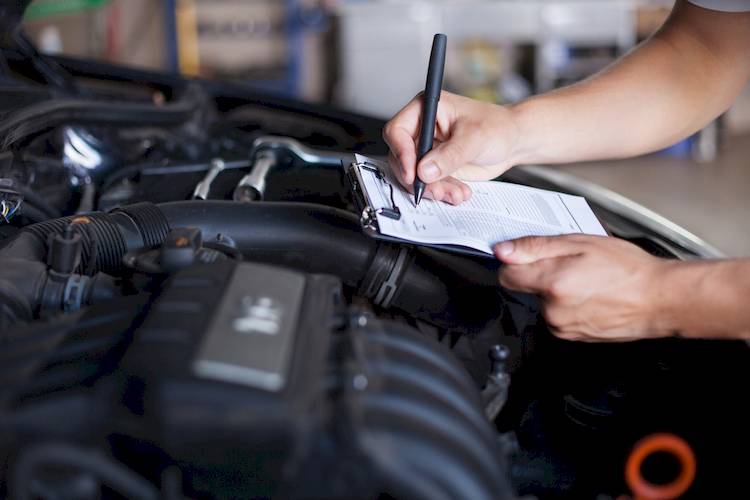

Within the state of New Jersey, registered motor vehicles are required to pass inspections for mechanical defects and emissions on a yearly basis. Only technicians who are certified by the state may perform these inspections. Certifications are awarded by the state, and can offer those seeking an automotive technician job an excellent way to build their resume. The following types of vehicles must be inspected every year:
- Taxis
- Limousines
- Buses, whether passenger or commercial
- Jitneys
- Commercial gas or bi-fueled vehicles of any weight
- Commercial diesel vehicles of less than 10,000 pounds
All other classes of vehicles, such as non-commercial passenger vehicles, must undergo inspection biennially.
New Jersey vehicle inspector qualifications
In order to become a vehicle inspector in the state of New Jersey, a mechanic must complete a training course from a state-approved training provider.
There are 13 approved inspector training providers in the state, located in the following cities:
- Mahwah
- Bridgewater
- Marlboro
- Mount Holly
- Blackwood
- Maplewood
- Bayville
- Marlton
- Pleasantville
- Springfield
- Middletown
- Dayton
- Somerset
Mechanics must choose the provider closest to their area, and complete 8-16 hours of training. After completing this training, they must submit an application for examination to the Motor Vehicle Commission, pass a written exam with at least an 80%, and also pass a hands-on emissions test demonstration.
Each particular training provider dictates their own fees. The inspector licensing fee is $50. Each licensed training course much cover the following training objectives:
- Causes and effects of air pollution
- Regulations and procedures of emissions inspections
- Function, configuration, and inspection of emissions system
- Operation and maintenance of emissions components
- Safety procedures when performing an inspection
- Quality control when performing an inspection
- Customer service
An inspector’s license is valid for two years, and must be renewed with the Motor Vehicle Commission when it expires. Applications for new or renewing licenses can be found online.
New Jersey vehicle inspection process
During an inspection of a non-commercial passenger vehicle, an automotive service technician must do the following things:
- Check the windshield sticker for the inspection due date.
- Determine the engine type of the vehicle, and prep it for testing and inspection.
- Perform all emissions tests according to the make and model of the car.
- Perform all mechanical inspections and ensure that the gas cap is stable.
- Place a new two-year inspection sticker on the windshield.
If you’re already a certified mechanic and you’re interested in working with YourMechanic, submit an online application for an opportunity to become a mobile mechanic.



